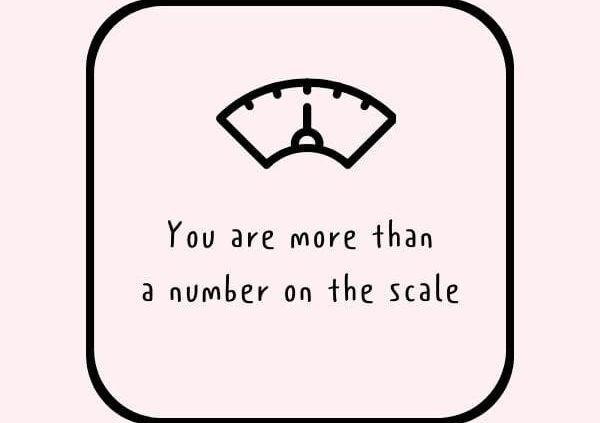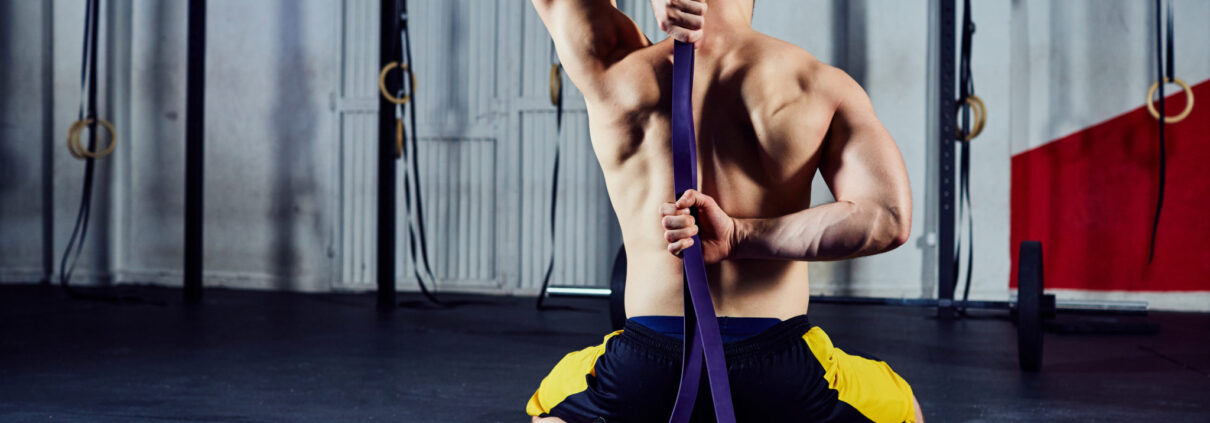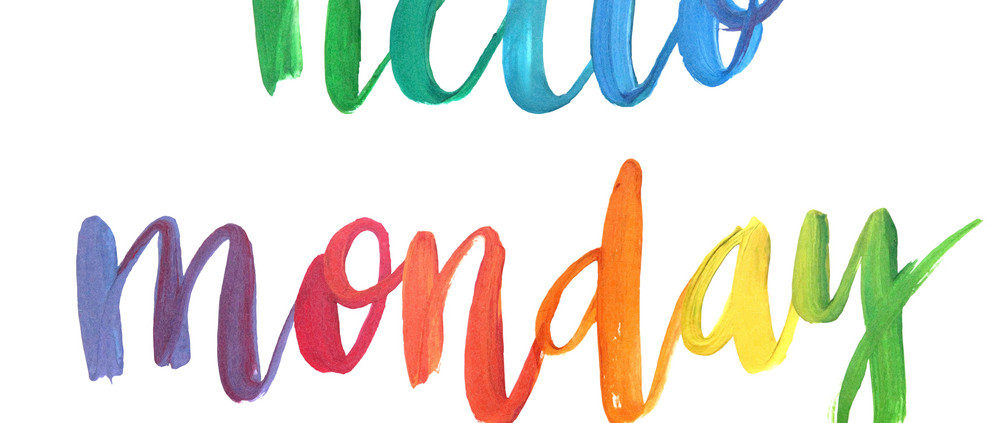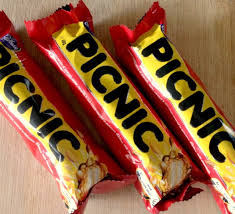The WHY game
So I played a little game to really try to help my client who has plateaued for a very long time. It was a game of WHY.
I wanted to find out exactly WHY he wanted to achieve his goal but more importantly to try to get him to attach an emotion to his goal.
Quite often I meet people who tell me what their goal is but they never really explore why it means so much to them. When you dig a little (or a lot) deeper to find what really drives them, you are finding their motivation and this is then the ingredient that can shape both the relationship of client + trainer and also whether they are successful in reaching their goal.
To call it a game is probably not very accurate as it can often bring up stuff they didn’t know was there. Trust me though, the intentions are always in the right place because as a trainer with over a decade of experience with people, we need to ask a lot of questions before we prescribe a solution.
So how did it go?
Well I asked my client 8 times WHY. I started with “why do you want to loose weight”, and after each answer I asked WHY. What was really fascinating about this was what came out of the answers. When I asked him to repeat back to me what he heard from our conversation, it announced was that he blamed something else for his plateau. It was his work. Some of you might relate to this. Work gets busy, kids, family commitments etc, sometimes it’s just overwhelming. I get it. Sometimes the juggle is just too much. However, if we want to achieve something we need to stay focused for a period of time.
So what he got out of it was where he was placing the responsibility.
A worthwhile game if you have been stuck for a long time.
Getting to the real answers is what I love. This is where the results are.
Need some help exploring? Give me a call.
Janet 0427 167 288









